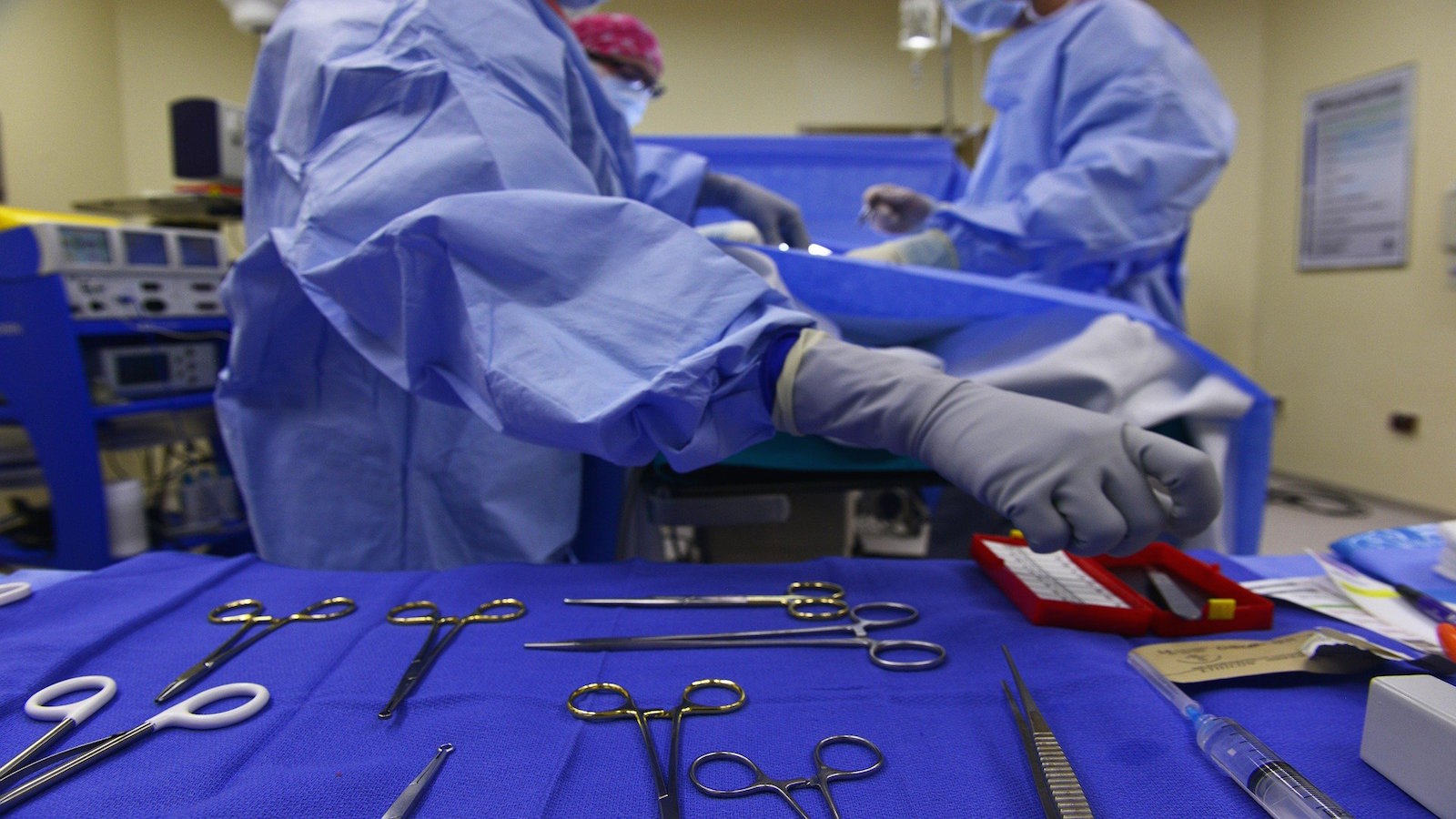
Reinvigorating the Practice of Clinical Ethics
Proposal for clinical ethics support services for healthcare professionals to deal with complex ethical dilemmas of Covid-19
Problem
Clinical practice can be an ethical minefield for healthcare professionals. Difficult decisions must be taken on a daily basis. In India, these decisions are made even more difficult because of the chronic scarcity of public health services and the unaffordability of private healthcare for a significant section of the population. Should doctors allow the withdrawal of life-sustaining treatment when they know that the patient has refused it for financial reasons? Should they even offer expensive treatment options to those for whom it might be an economic burden? What about treatment demanded by a patient that the doctor believes will not be beneficial? Resolving problems like this is the core of clinical ethics.
The Covid-19 pandemic has sharpened such dilemmas. Doctors the world over are preparing to ration limited supplies of life-saving equipment and attempting to balance their duty of care to patients against the risk to their own lives. India, however, does not have any clinical ethics guidelines to help doctors in these scenarios. The World Health Organisation checklist for pandemic influenza risk and impact management lists as an essential component, the establishment of ethics committees that can advise on pandemic preparedness and response. India’s draft Action Plan (developed to manage A H1N1) does not address any ethical issues at all, leave alone create specialised ethics committees. The absence of ethical guidance is an added source of stress for healthcare professionals who are already under a great degree of strain, and who are not equipped to deal with hard, ethical questions. Their inability to tackle clinical ethics dilemmas diminishes public confidence in them and can ultimately be a factor in provoking violence in healthcare settings.
Healthcare professionals in India should receive clinical ethics support in their daily practice. The need for such support, which is distinct from that provided by research ethics committees, has been acknowledged in other countries.
Studies conducted in India to test the level of awareness of clinical ethics among healthcare professionals reveal poor training. In one study conducted at a government hospital in Chennai, 40 percent of the professionals surveyed could not name a single clinical ethical principle. Although new changes to the medical curriculum have introduced ethics competencies, there is still no proactive thinking about clinical ethics issues. The ethics regulations of the Indian Medical Council focus primarily on professional misconduct and have not been updated since 2002 to account for the latest medico-legal developments such as a recent Supreme Court judgment on the withholding and withdrawal of life-sustaining treatment. While the Indian Council of Medical Research has a dedicated Bioethics Unit, it focuses primarily on biomedical research ethics and has published little guidance related to clinical ethics.
Solutions
Healthcare professionals in India should receive clinical ethics support in their daily practice. The need for such support, which is distinct from that provided by research ethics committees, has been acknowledged in other countries. This support should be two-fold—first, in the form of authoritative guidance that is mindful of the realities of the Indian health system; second, through the provision of individual decision-making support within healthcare establishments by an interdisciplinary group of experts trained in clinical ethics.
Implementation
- Establish a dedicated Clinical Ethics Unit within the Indian Council of Medical Research that can conduct research on, and issue guidance on clinical ethics issues.
- Educate healthcare professionals regarding guidance issued by this Unit through coordination with the Ethics and Medical Registration Board of the National Medical Commission, once it is constituted.
- Develop guidelines for the provision of different kinds of clinical ethics support services, such as consultations with healthcare teams, facilitating shared decision-making between patients and healthcare professionals, conducting audits of clinical practices.
- Identify tertiary care hospitals in the public and private sector that are likely to benefit from clinical ethics support services and assist them in setting up clinical ethics committees.
- Gradually introduce standards related to clinical ethics support services as requirements for the accreditation or registration of select categories of healthcare establishments.



